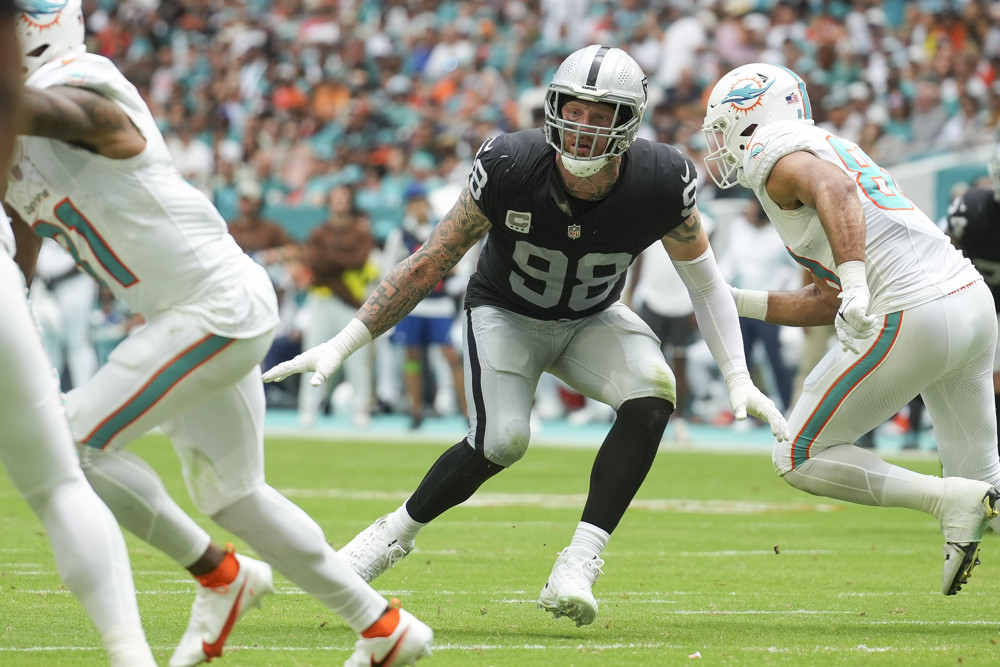SIS intern Logan King is headed to Vanderbilt to get a masters degree. We asked him to share his thoughts and advice related to the Sports Info Solutions intern experience .
Over the past year, I have had the pleasure of working for Sports Info Solutions and getting my start in the sports analytics industry. I have served in multiple roles with the company, beginning as a Football Video Scout and later as a Research and Development Intern. I hope that my experience with the company will provide guidance to anyone looking to enter the sports analytics field.
Before starting the Video Scout position, I had experience in the sports industry working as a recruiting assistant for the University of Virginia football team. I viewed the position with SIS as an opportunity to further strengthen my football knowledge and to gain experience in the growing field of sports analytics. Needless to say, I was not disappointed.
The Video Scout position began with a three week training period prior to the start of football season. The training period helped to familiarize scouts with the company software and standardized football terminology. Following the training period the weekly schedule was routine and consisted of charting at least five NCAA and/or NFL games.
Game charting consists of one of three assignments: offense, defense, and participation. A scout’s assignment for a shift dictates what they will focus on and record when charting a given game. While the training period prepares scouts to adequately handle charting responsibilities, there is additional assistance from full-time staff if needed so that no scout is left behind.
One of the most challenging parts of working at SIS came during the beginning of my time as a scout. The vast amounts of terminology and concepts covered during the training period that need to be recognized and recorded during the game charting process is initially daunting. While live games normally last between three and four hours, the game charting process takes much longer.
Scouts are allotted eight hours to complete the charting of a single game, however the first assignments of the season sometimes take longer for new scouts. In my case, the first game charting assignment took nearly 12 hours to complete. It is easy to become discouraged within the first few assignments, but important to keep a positive attitude. Many new scouts are in the same boat and the full time staff is willing to assist and accommodate those in need.
The most important aspect of game charting is accuracy; speed comes with experience. The grading system in place to provide scouts with feedback on their game charting assignments is extremely beneficial. The feedback helps scouts refine their game-charting skills and provides affirmation on the quality of their work.
Outside of the office, scouts are offered the opportunity to learn the art of scouting football players through SIS Scout School. Led by a former NFL scout, SIS scouts are taught the fundamentals of watching film and grading player traits. Following the season, some of the best scouting reports written by scouts in Scout School are published in the SIS Football Rookie Handbook. These reports are widely read and published on multiple platforms. (My report on Javon Kinlaw was published on Sharp Football Analysis.)
Furthermore, scouts are offered the opportunity to learn how to code in SQL. These SQL classes are extremely valuable in developing technical skills and played a large part in preparing me for the Research and Development internship.
The R&D internship provided a unique opportunity to contribute, further my analytical abilities, expand my football knowledge, and hone my writing skills. In this role, my schedule varied more day-to-day than in the Video Scout position. In a given day, I could be doing any of the following tasks: having research published to the company blog and other online platforms; developing new metrics to improve SIS data offerings; conducting independent research to gain new insights on a sport. Check out some of my published work:
- 2019 Tennessee Titans’ Scoring Tendencies
- NCAA Transfer Quarterbacks to Watch in 2020
- UVA’s 2020 QB Outlook
- Best NFL Defensive Play Callers at Coaching for Takeaways
- A Look at the Best Returning NCAA Three-Level Defenders
Additionally I helped organize the SIS Analytics Challenge to benefit the United Negro College Fund.
From my experience with SIS there are several key pieces of advice that will benefit those looking to begin a career in the sports industry.
1) Take advantage of any opportunity for improvement that is offered outside of the workplace. Scout School and SQL classes that were offered by SIS helped to develop both my football knowledge and analytical abilities and served as an opportunity for my work to be seen by many people in the industry.
2) Never be afraid to ask questions. Those with experience in the industry are willing to share their knowledge, this was especially apparent in my experience at SIS.
My time at SIS was a truly rewarding growth experience. I was able to increase both my football and technical knowledge, received professional development, and made numerous friends. I also have the people at SIS to thank for providing recommendations which helped me gain entry to graduate school. I will be pursuing a Masters in Data Science at Vanderbilt University and hope to continue a career in sports analytics following the program.
I would strongly recommend SIS to anyone looking to begin a career in the sports industry. Feel free to contact me via Twitter: @loganking_fb or LinkedIn with any questions.


